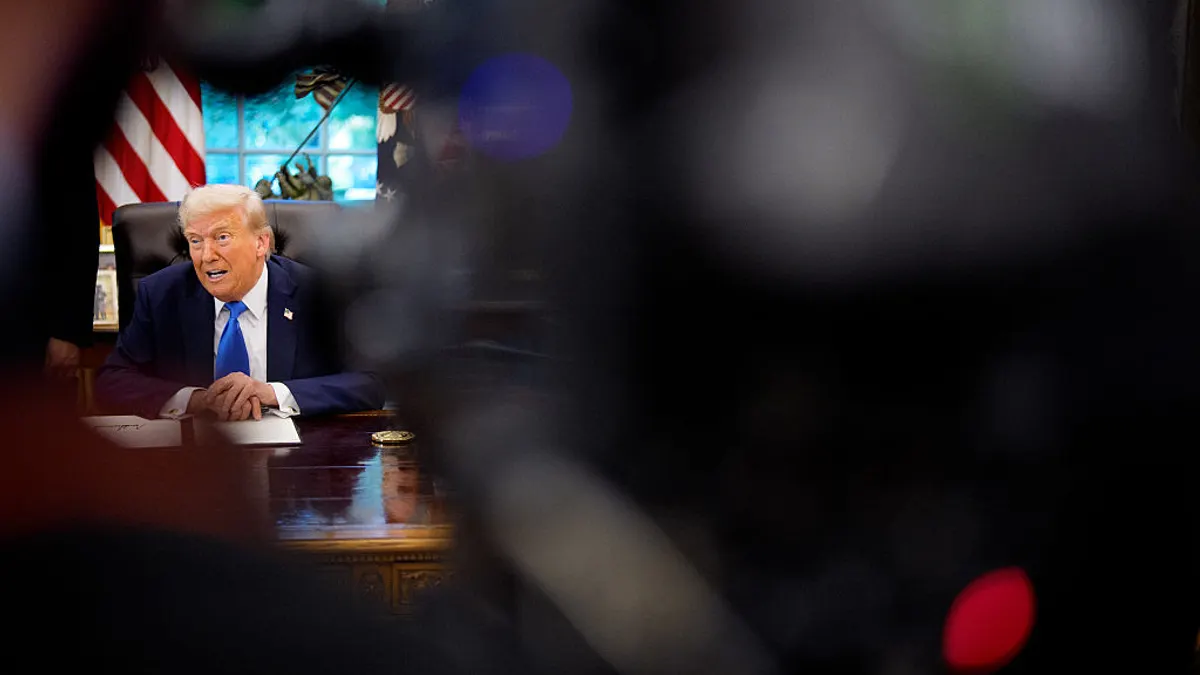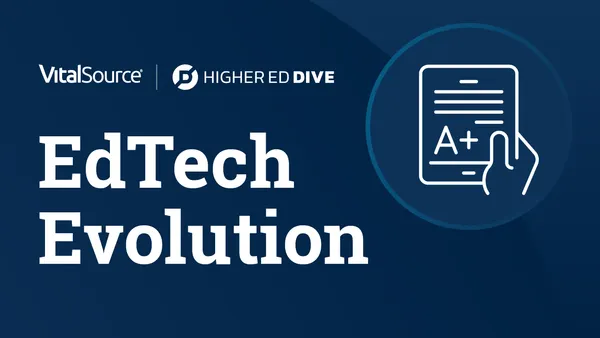Dive Brief:
- Changes to Coursera’s massive open online course (MOOC) platform have caused concern about the future sustainability of free courses and learning.
- Founder and CEO Daphne Koller says the platform was never designed to replace the college environment, but to complement traditional learning experiences with up-to-date, relevant offerings.
- Koller cites marketing and course completion as some of the biggest challenges facing MOOCs today.
Dive Insight:
There is no doubt that MOOCs will remain as a learning resource for students around the world who want to increase knowledge without the accompanying debt or sacrifices in time. The question for most professors is how much a grind it may be to provide updated curriculum when research and trends change so dramatically for some majors, and how to transition the MOOC into a more appealing learning tool.
For colleges considering ways to offer MOOCs as a training resource, they should be strategic in selecting courses that can offer people timely information that can help further careers. For STEM disciplines, the opportunities are limitless; but the same innovations can be used in education, social sciences, journalism and other liberal arts offerings as well.










